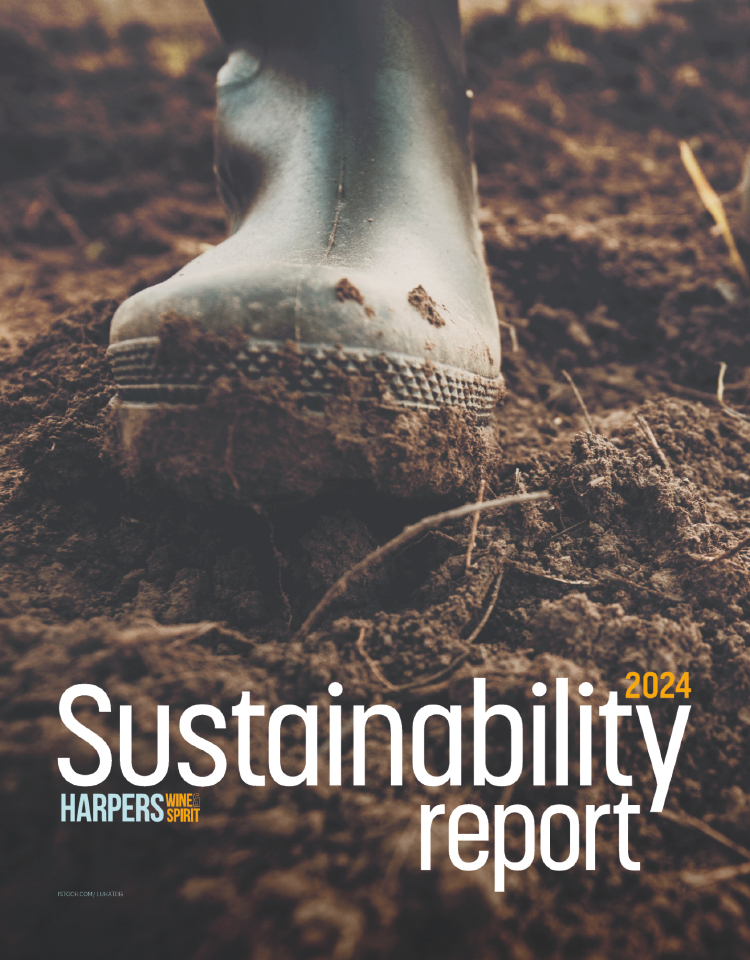
Pub and bar company insolvencies jump by 83% in past year to 512
Insolvencies of pub and bar companies have increased by 83% in the past year, from 280 in 2020/21 to 512, says UHY Hacker Young, the national accountancy group.
Pub and bar companies have faced increasing costs and concerns over falling sales combined with rising energy prices.
The cost-of-living crisis, including interest rate rises, has also impacted consumer habits, making them less likely to spend on ‘non-essentials’, including a drink or a meal at a pub.
At the same time, inflation has pushed up the prices that pubs need to pay for beer and food.
Following a difficult pandemic period, many pub and bar companies have very little by way of savings or capacity to borrow more. For some pub company owners, the current economic downturn has been the final push into insolvency.
Peter Kubik, partner at UHY Hacker Young, said: “It’s deeply concerning that so many pubs and bars are closing their doors. In addition to the financial consequences for owners and employees, the loss of a pub can be felt quite keenly by the community.
“This is a particularly difficult period for pub and bar owners, who find they need to spend more and more while earning less and less. Following an extended period of lost revenues during the pandemic, the cost-of-living crisis has been the final nail in the coffin for many.
“Perhaps the government should consider what it can do to alleviate pressures, for instance, by extending the energy bill relief scheme for the hospitality sector.”
Meanwhile, rail strikes have also prevented many customers from travelling to pubs in town or city centres.
Responding to the RMT rejecting the latest pay offer to its members, UKHospitality CEO Kate Nicholls said: “It’s so frustrating that we now seem even further away from this dispute being resolved.
“While hospitality has suffered enormous pain during the strikes, to the tune of £2.5 billion, there was a feeling that progress towards a resolution was inching forward, albeit slowly.
“Today feels like a step backwards. A functioning rail network is one of the most important pillars of infrastructure in the country and it’s critical for so many consumers, workers and businesses. We’ve seen the damage the December strikes inflicted on hospitality, the wider economy and GDP. The sector, and the country, simply cannot afford that level of economic pain again.
“I again urge all involved in the negotiations to double down on reaching a resolution as soon as possible, to avoid inflicting even more pain on an already embattled sector.”








